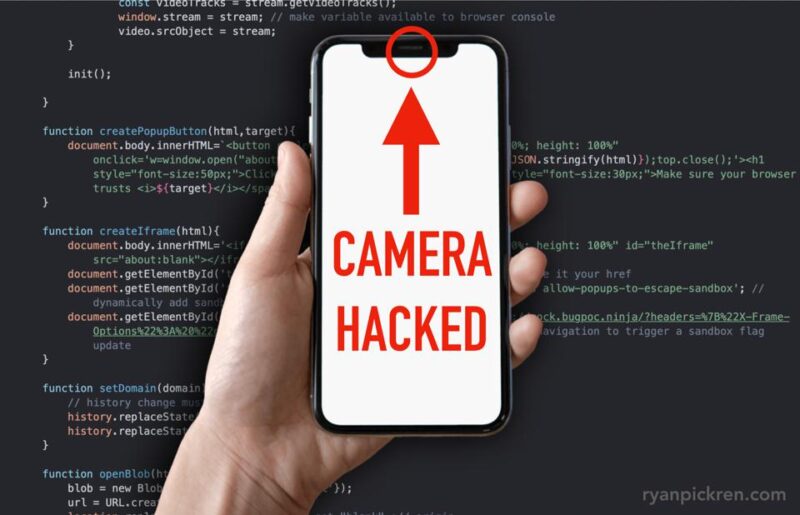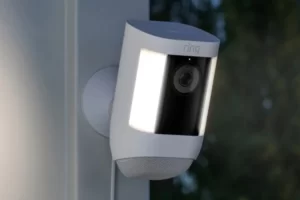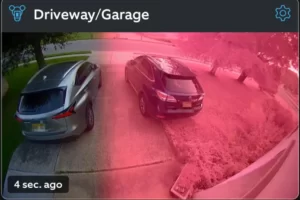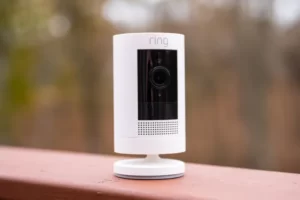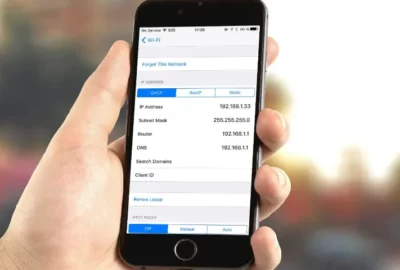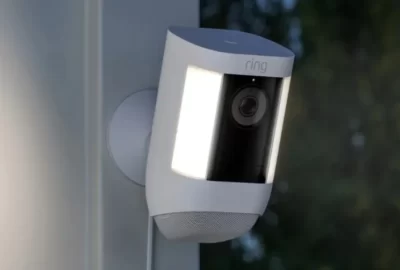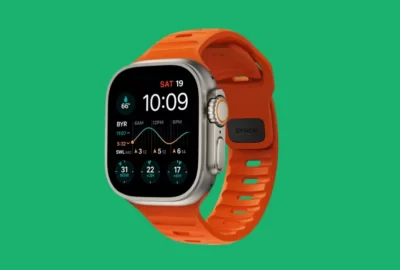Unfortunately, while the odds are still slim, it’s still possible for your phone camera to get hacked. This is especially true if you’re connected to public wi-fi, which is less stable and more secure than using a wifi network at home.
But how do you know your phone camera has been hacked? OK, here are some ways you can tell if your phone has been hacked and what you can do to stop that from happening.
Also Read: Do Alarms Go Off On Facetime?
What’s Camfecting And How Does It Work?
Camfecting is hacking into a person’s webcam and activating it without the owner’s consent. In this case, hackers can not only make videos and photos of your personal life but also collect restricted or sensitive information because they can watch and see anything within range of the webcam (such as documents on workbenches or webcams) card for online payment).
Additionally, remote control malware allows them to access your personal files, messages, and browsing history.
There are no official statistics on webcam hacking incidents, so we don’t know how often this happens. In fact, device owners may be unaware of this deception for a long time until criminals contact them with extortion threats. Basically, the mechanism behind a spoofing attack is remote access to your smartphone. Someone who wants access to your phone can send you a spy app install link.
They do it so as not to arouse your suspicions. Criminals can trick you into visiting malware links in a number of ways, including emails and other messages, news headlines, pop-ups, and more.
Criminals also often play a trusted party to calm their guard down. Third-party remote tech support services, while convenient, are full of scammers and hackers who will take advantage of the device access you grant them. True remote technical support usually comes from your official retail service provider.
Some spy apps can also remotely hack a user’s webcam if the hacker knows personal information such as iCloud credentials or the phone’s IP address. These methods can be applied to targeted spoofing attacks.
Remote Access Trojan (RAT) programs can also provide administrative control over infected devices. Thus, depending on the purpose of the malware, hackers can monitor user behavior through keyloggers or other spyware, access confidential information such as credit card and social security numbers, activate the system’s webcam and record video, take screenshots, distribute viruses and other malware, format drives, delete, download or change files and file systems.
As for webcam access, smartphones typically don’t have an indicator light like most laptops do to indicate that your webcam is on. Therefore, it is difficult to tell if your smartphone is damaged.
How to Know if your Phone Camera is Hacked
The best way to tell if a phone camera has been hacked is to use the camera itself. Then, zoom in and out of the camera. If your camera is experiencing a lot of lag, this could be one of the signs that it’s been hacked.
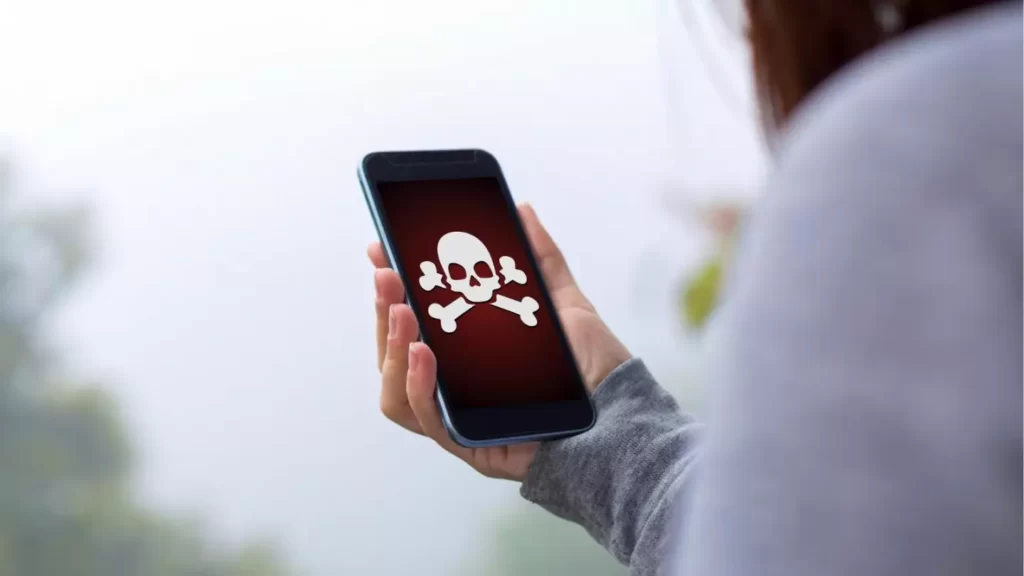
Of course, that’s not the only way to tell if a phone has been hacked. There are more things you can do, or the signs you might see, that can tell you if your phone has been hacked.
- Your battery suddenly starts draining too quickly. If your phone gets hacked, there’s a good chance the attacker will use a lot of your mobile data.
- Transferring video/image files from a webcam to a remote server will require a lot of traffic.
- Your phone is acting weird. For example, it shuts down unexpectedly or becomes slow and unresponsive. This is a general indication that malware is running in the background.
- Find unfamiliar files in your webcam’s storage folder. Check that the storage folder settings have not been changed without your knowledge.
- Some antivirus systems, like Avast, offer an additional hacker-checking service to find out if your email and associated passwords have been leaked online. If that’s the case, it’s likely that all related equipment will be damaged, including your smartphone.
- Check the list of apps that can access your camera. If there’s anything you don’t recognize, the hack may have happened. It is important to check application permissions regularly.
What Happens If Your Phone’s Camera Got Hacked?
Some hackers want to capture images or videos of someone else in a compromised position to blackmail him or her. This may especially apply to people with some political or commercial power, social media influence, etc. Those at risk of disgraceful exposure may be willing to spend money to preserve their reputation. As a result, many webcam attacks are targeted, orchestrated, and deliberate.
However, not all cyber infections are precise targets. Some hackers just seek out naked people (mostly women) for their perverted ends. Otherwise, they may combine viewing nudes with blackmailing them in so-called “sexual assault” schemes. One such example of extortion is the famous case of Jared James Abrahams, who secretly activated webcams and threatened to publicly release photos of dozens of young women, including American teenager Cassidy Cassidy Wolf. With smartphones tracking users wherever they go, including bathrooms, the chances of getting intimate images are getting higher and higher.
At the same time, cybercriminals are also trying to trick people into saying they’ve been caught by a webcam hacker without actually destroying the device. Thousands of spam emails claim that users were “caught” by cameras while visiting adult websites. They threaten to distribute the video to your friends and family within hours unless you pay the hacker’s bitcoin account. In fact, this is just another phishing scam, not a real scam. However, recipients of such sexual assault emails often pay criminals out of shame. They believe that anyone can spy on them at any time and even distort their real image to create the illusion of wrongdoing.
Furthermore, when a Trojan virus infects a device, it is not just the remotely accessed webcam that is affected, but the entire smartphone file system. This means access to sensitive files, photos, banking data, social media, and more. Furthermore, IoT has brought us a network of connected devices. Your infected phone may be sending Trojan malware over your home network, and more devices are being hacked.
How To Prevent A Hack
Common cybersecurity principles also apply to spoofing attacks.
- Scan your smartphone regularly for malware. Remember to update your antivirus system.
- Use the services of a trusted technical assistant. Always protect your personal data before allowing a technician to access your smartphone. After their work is done, it’s a good idea to change the passwords of any programs or systems the technician is accessing remotely.
- Manage your camera and microphone settings for the apps you download and the internet browser you use. Disable permissions you don’t need.
- Check the default settings of the webcam. Pay attention to the storage folder and look for unknown files.
- Enable firewall. It protects your system by monitoring network traffic and blocking suspicious connections.
- Don’t follow links or open attachments in suspicious emails.
- Use regularly updated strong passwords or biometric authentication whenever possible.
- Always use a VPN to secure your Wi-Fi connection and protect yourself when using public Wi-Fi. Do not use public networks unless absolutely necessary.
Read More: How To Reset Spypoint Camera?
Conclusion
In conclusion, your phone is less likely to be hacked as only a very small percentage of phones will be hacked these days. However, if you do something you probably shouldn’t be doing — like jailbreaking — then your phone is more likely to be hacked.
Fortunately, there are several ways to tell if your phone has been hacked. If someone is using your phone without your permission, you’ll usually notice quickly, and if so, there’s something you can do about it.
Read Next:

